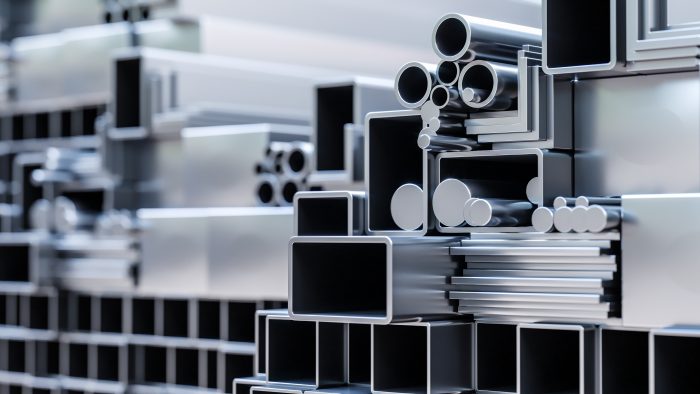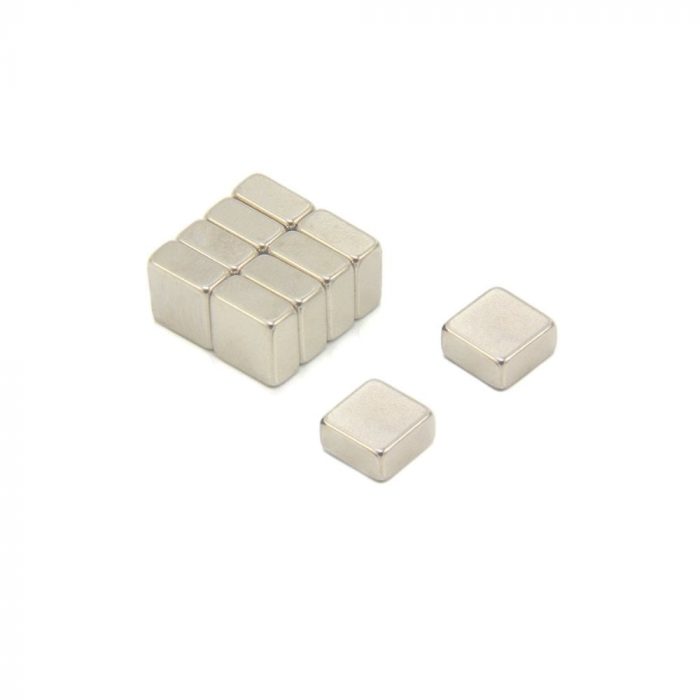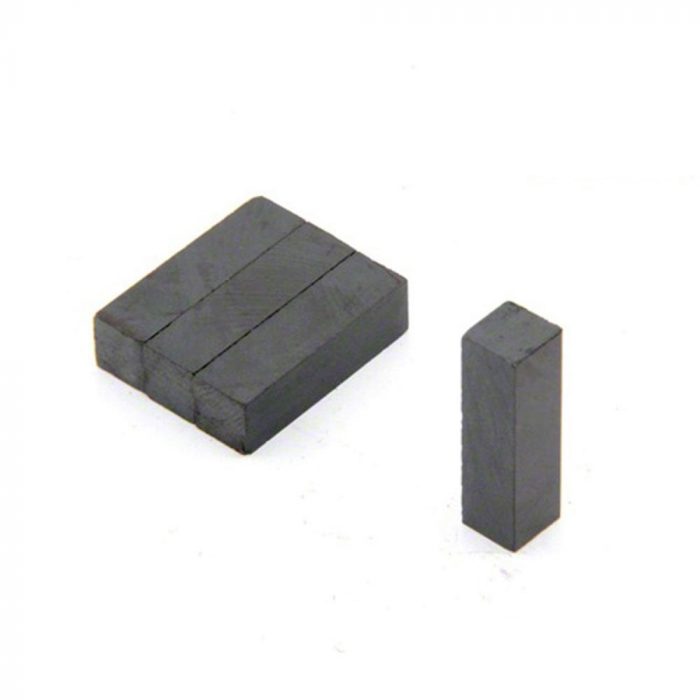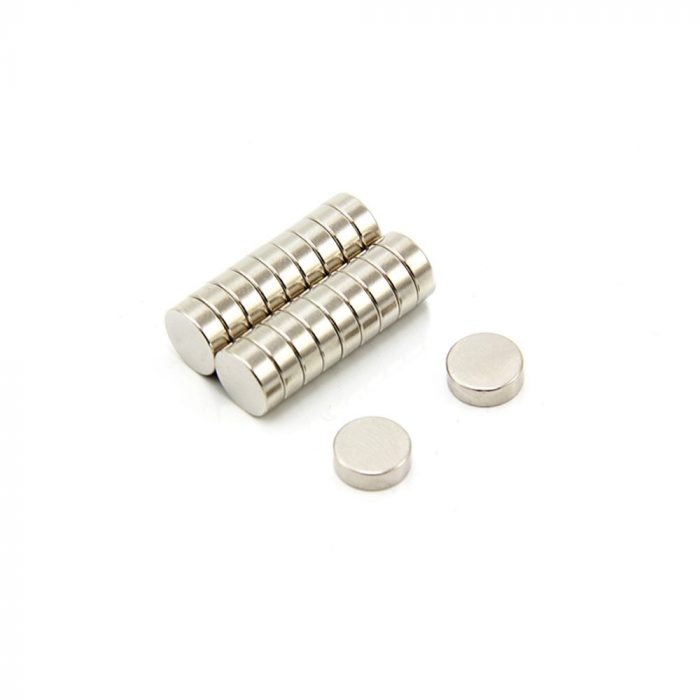Several customers will contact our team of experts to enquire about what materials our magnets will stick to, as magnets will not stick to all metals. Understanding what metals are magnetic and then learning which metals are best for use in your applications is important.
So, here at FIRST4MAGNETS, we have decided to show you what magnets will and won’s tick to and explain the reasoning behind these answers.
Metals That Attract To Magnets
Metals that naturally attract magnets are known as ferromagnetic metals; these magnets will firmly stick to these metals.
For example, iron, cobalt, steel, nickel, manganese, gadolinium, and lodestone are all ferromagnetic metals.
Some metals, including iron, are referred to as magnetically soft because they become strong temporary magnets when a strong magnetic field is placed near them and then lose their magnetism when the magnet is removed.
Other metals, such as rare-earth metals like samarium and neodymium and alloys of iron will maintain most of their magnetism even when they aren’t in a magnetic field, which is why they are known as magnetically hard and make good permanent magnets.

Metals That Don’t Attract Magnets
Certain metals in their natural states such as aluminium, copper, brass, lead gold, and silver don’t attract magnets due to the fact they are weak metals.
However, properties including iron and steel can be added to these metals in order to make them magnetic. For example, even just adding a small quantity of iron to silver will make it magnetic.
Is Stainless Steel Magnetic?
One metal that causes a lot of confusion as to whether or not it is magnetic is stainless steel.
Stainless steels are iron-based alloys known for their excellent corrosion resistance, however, there are several different types of stainless steels; the main being ferritic and austenitic.
Ferritic and austenitic stainless steels exhibit different atomic arrangements, because of the differences ferritic stainless steels are generally magnetic while austenitic stainless steels usually are not.
Ferritic stainless steel owes its magnetism to its high concentration of iron and its fundamental structure. Whereas during the manufacturing process if nickel is added then this creates austenitic stainless steel which is not magnetic.
For Free, Friendly Tech Advice Call The Experts at 0845 519 4701 or sales@magnetexpert.com and we are happy to help solve any problems or answer any questions you may have.





